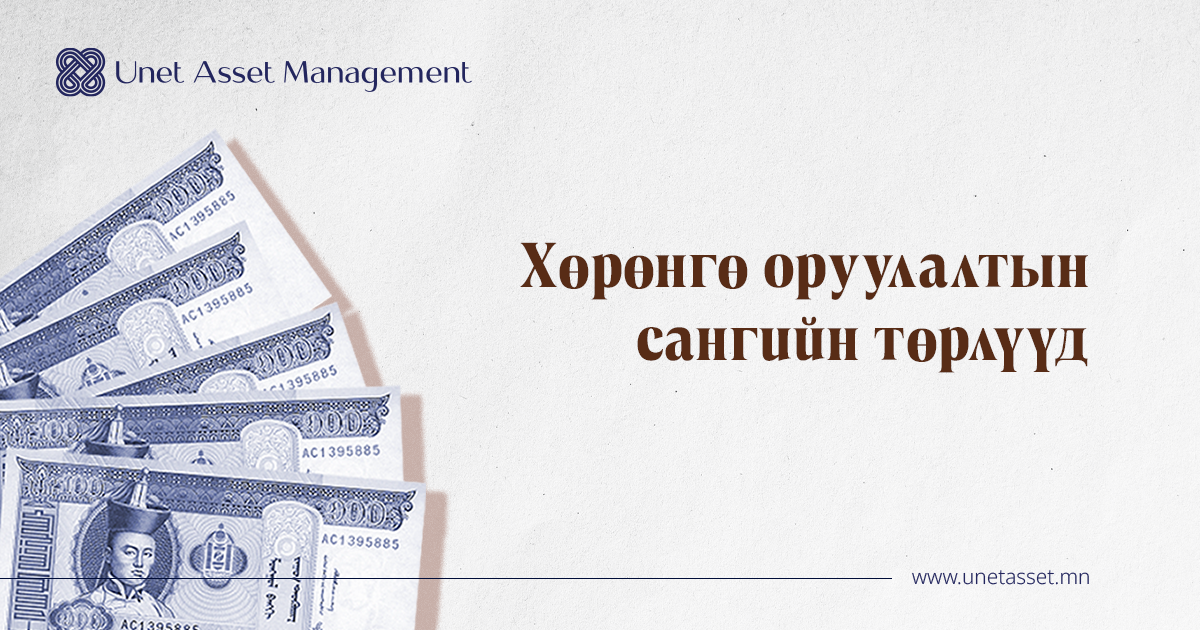
Types of Investment Funds in Mongolia
According to the laws currently in force in Mongolia, investment funds are classified into two main types based on the type of investor and operational characteristics: mutual (public) investment funds and private investment funds.
Mutual investment funds raise capital by offering fund units to the general public and invest in permitted financial instruments such as securities, bonds, and stocks based on approved documents. Depending on their issuance, liquidity, and valuation methods, mutual funds are divided into the following three types:
Open-end Mutual Fund
These funds continuously offer and issue new fund units based on investor demand and are required to repurchase units upon request.
Closed-end Mutual Fund
These funds issue a fixed number of fund units to the public at inception and are traded at market value. They are not obligated to repurchase the issued units.
Exchange-Traded Fund (ETF)
ETFs are listed and traded on the stock exchange, offering investors an easy and diversified way to invest in various asset classes. One of their advantages is that the market price of the fund units usually does not deviate significantly from the fund’s Net Asset Value (NAV).
Private investment funds raise capital from a limited number of investors, typically only professional investors, and invest in a wide range of financial instruments in the capital market. These funds can be established in either corporate or contractual forms:
Corporate Form Private Fund
Investors purchase shares or units of a company formed specifically for investment purposes and become shareholders. The fund is managed by an investment management company, which oversees the investment portfolio with the primary aim of protecting the interests of the fund’s shareholders. A Board of Directors supervises daily operations and service providers, playing a key role in fund governance.
Contractual Form Private Fund
In this structure, investors do not become shareholders in a legal entity but rather acquire fund units based on a contract, thereby owning a share in the investment portfolio. The fund’s activities are governed by the agreements made between the parties. As with corporate funds, an investment management company oversees the portfolio, prioritizing the interests of the unit holders.